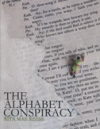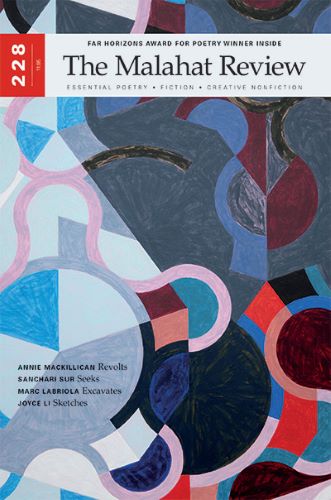The Alphabet Conspiracy
Rita Mae Reese’s The Alphabet Conspiracy is a book replete with anecdotes and snapshots of memory, ranging in subject matter from the religious to the informatively historical to the contemporary, which thoroughly explore both the whimsy and restrictions of language. The first poem in the collection, “Intercession,” is a sort of loose, and strikingly clever abecedarian, which sets the stage for the unpredictable throughout Reese’s book, and, by the nature of its form, hints at the way children are introduced to and subsequently forever influenced by language. There is a huge emphasis on the exploration of language throughout the book’s poems, with particular pieces devoted entirely to the complexities and nuances of the subject. Language as theme also works itself into poems dealing with much heavier subject matter. Reese is clearly a lover of the strange in words and thought, and seeks every opportunity to highlight it for the reader. Reese writes in the collection’s title poem:
Rita Mae Reese’s The Alphabet Conspiracy is a book replete with anecdotes and snapshots of memory, ranging in subject matter from the religious to the informatively historical to the contemporary, which thoroughly explore both the whimsy and restrictions of language. The first poem in the collection, “Intercession,” is a sort of loose, and strikingly clever abecedarian, which sets the stage for the unpredictable throughout Reese’s book, and, by the nature of its form, hints at the way children are introduced to and subsequently forever influenced by language. There is a huge emphasis on the exploration of language throughout the book’s poems, with particular pieces devoted entirely to the complexities and nuances of the subject. Language as theme also works itself into poems dealing with much heavier subject matter. Reese is clearly a lover of the strange in words and thought, and seeks every opportunity to highlight it for the reader. Reese writes in the collection’s title poem:
Without words
no one could tell us what to do.
We know grammar is just a byproduct,
like schizophrenia, of a brain that grew
too fast for its own good
Her work explores language as simultaneously a source of despair and salvation. Without language perhaps human suffering could be lessened, perhaps we could be freer, but language is also a safe, neutral ground we can return to when the world is too much. Reese’s gift lies in her ability to swing the camera from the general and hyperbolic to the small yet satisfying details, leaving us with the lasting glow of beautiful imagery. The poet is able to make the reader enter her world, even sustaining interest throughout the poetic deconstruction of a single word, as in “Hunger.” There is a real sadness to this book as well as it interweaves snippets of familial turmoil and tenderness and toys with death, but it never throws the reader fully overboard without a way back.





